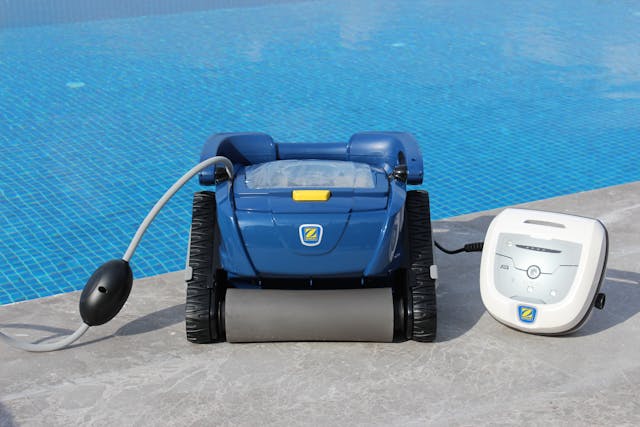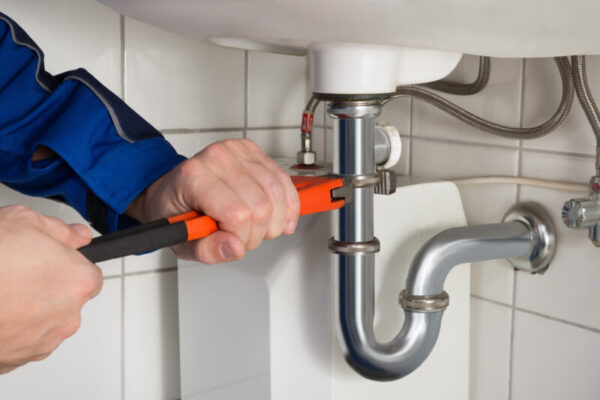Table of Contents:
- Introduction to Pool Maintenance
- The Benefits of Regular Pool Cleaning
- Essential Pool Maintenance Tools
- Steps to Maintain Pool Water Chemistry
- Weekly Pool Maintenance Checklist
- Common Pool Problems and Solutions
- Eco-Friendly Pool Maintenance Options
- Conclusion
Introduction to Pool Maintenance
A swimming pool is a luxury that brings immense joy, relaxation, and an opportunity for exercise and family fun. However, enjoying a pool fully begins with impeccable maintenance. Neglecting pool care can lead to many problems, from algae invasions to murky water. To keep your pool an inviting oasis, engaging in regular upkeep is crucial. While some pool owners prefer outsourcing the task through pool services, gaining a basic understanding of the process can make pool ownership more rewarding.
The Benefits of Regular Pool Cleaning
Regular pool cleaning offers numerous benefits beyond aesthetics. First, it prolongs the life of your pool infrastructure by preventing damage caused by dirt and algae buildup. Second, it’s a matter of health and safety—clean pools minimize the risk of recreational water illnesses (RWIs).
Essential Pool Maintenance Tools
You’ll need a collection of specialized tools to maintain a pool effectively. A pool skimmer is essential for removing leaves and other debris from the surface. A manual or automatic vacuum is vital for cleaning the pool floor, while brushes are necessary for scrubbing walls and steps to prevent algae. Additionally, consider investing in a robotic pool cleaner for a more hands-off cleaning experience. These robots can navigate your pool autonomously, ensuring a thorough cleaning that saves you time and effort. For those considering pool renovations, upgrading cleaning equipment can enhance the pool’s overall efficiency and functionality.
Steps to Maintain Pool Water Chemistry
Balancing pool water chemistry is crucial for swimmer comfort and water safety. This involves monitoring and adjusting the pH, chlorine, and alkalinity levels. The ideal pH level should hover between 7.2 and 7.8, conducive to clarity and disinfection. Chlorine levels should consistently remain between 1.0 and 3.0 ppm, ensuring bacteria and algae control. Employing test strips or digital kits regularly can help maintain these levels.
Weekly Pool Maintenance Checklist
Implementing a weekly maintenance routine ensures a consistently clean and safe pool environment. Here’s a simple checklist to follow:
- Skim the pool surface daily to remove debris like leaves and insects.
- Brush the pool’s walls and tiles at least once a week to prevent algae buildup.
- Vacuum the pool floor weekly to collect dirt that accumulates on the bottom.
- Regularly check and clean the pool filter to maintain optimal performance.
- Test water chemistry for pH and chlorine levels twice weekly and adjust as necessary.
Common Pool Problems and Solutions
Even with diligent maintenance, pool owners can encounter common issues like cloudy water, algae growth, and filter complications. Cloudy water may result from a filtration issue or incorrect chemical balance. In such cases, inspecting the filtration system for clogs and ensuring proper chlorine levels can be beneficial. Algae is a frequent adversary but can be managed through consistent brushing, chemical treatments, and ensuring balanced water. If your filter malfunctions, cleaning or replacing its components can restore efficiency.
Eco-Friendly Pool Maintenance Options
Given increasing environmental awareness, many pool owners are adopting eco-friendly maintenance solutions. Saltwater systems present a less harsh alternative to traditional chlorine pools by naturally generating chlorine through salt. UV and ozone systems also provide chemical-free disinfection, reducing the need for conventional chemicals. By embracing these sustainable practices, you protect the environment and create a healthier swimming space.
Conclusion
Committing to regular pool maintenance yields considerable benefits, from preserving your pool’s longevity to ensuring a safe and enjoyable swimming experience. Equipped with the right tools and a solid grasp of water chemistry, maintaining your pool need not be a daunting task. Whether you opt for professional services or a DIY approach, prioritizing its care allows you to relish the full benefits of your private aquatic retreat.






